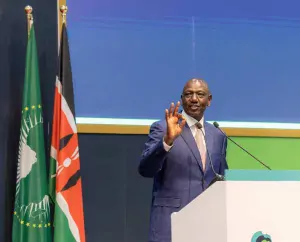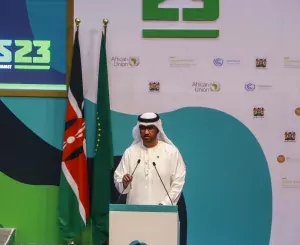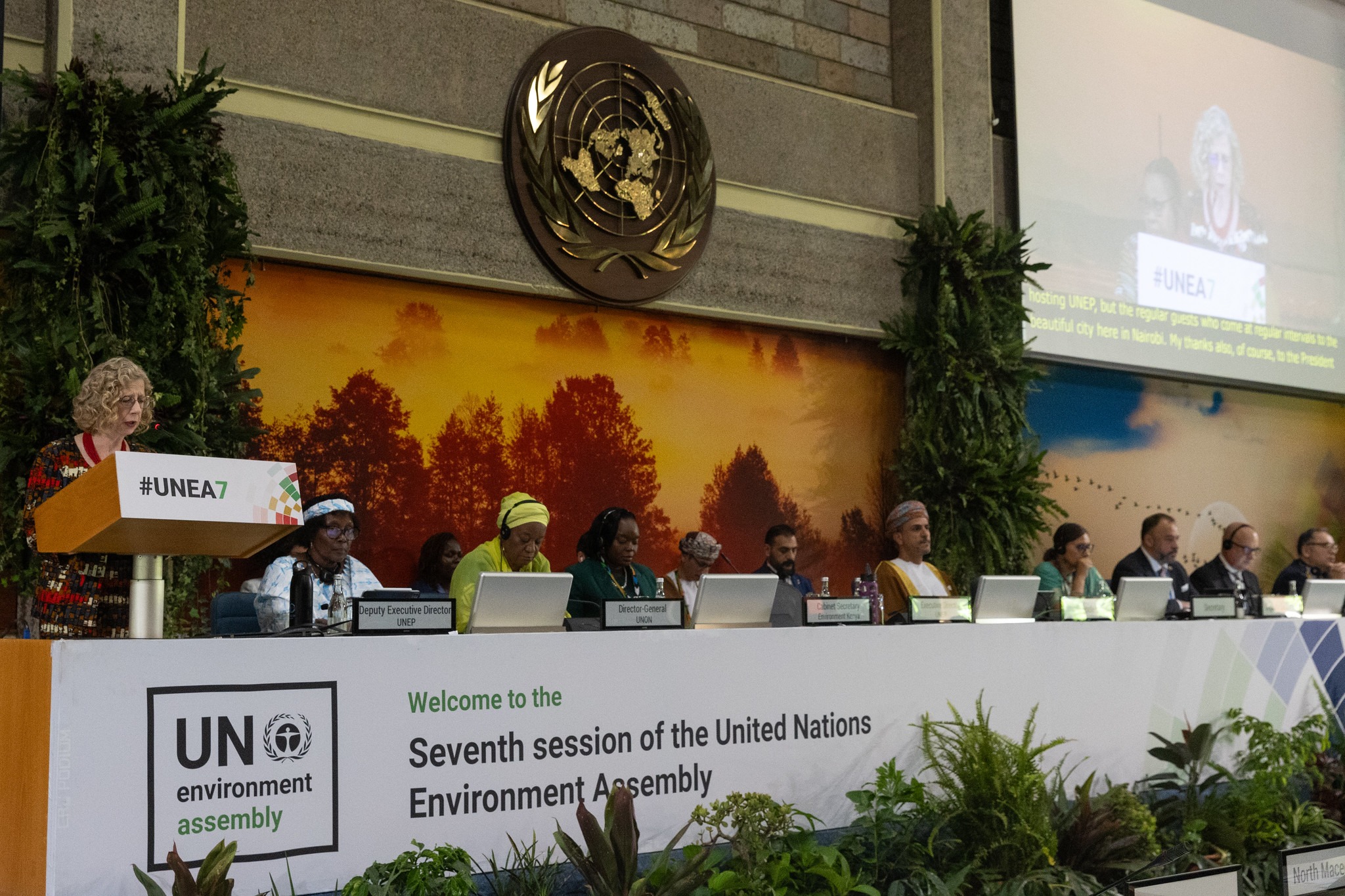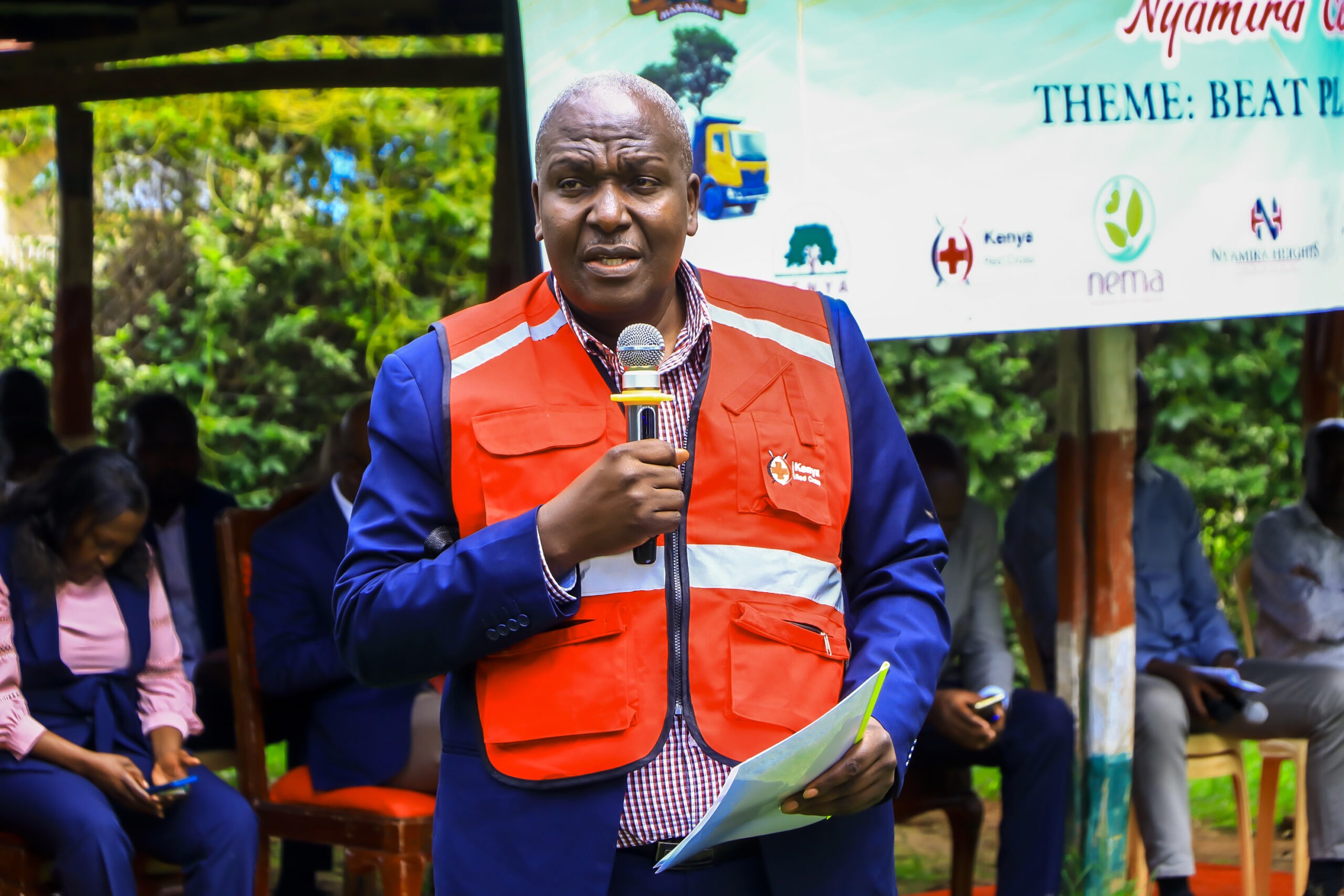
Arnold Ageta
During the inaugural African Climate Summit held in September, an ambitious initiative aimed at increasing Africa’s carbon credit production by a staggering 19-fold by the year 2030 garnered pledges of hundreds of millions of dollars.
This groundbreaking event saw Kenyan President William Ruto inaugurating the continent’s very first climate summit.
One of the most eagerly awaited agreements involved investors from the United Arab Emirates (UAE) committing to purchasing $450 million worth of carbon credits from the Africa Carbon Markets Initiative (ACMI). ACMI was launched at Egypt’s COP27 summit the previous year.
Addressing the delegates, President Ruto emphasized the importance of viewing green growth not just as a climate necessity but also as a source of multi-billion-dollar economic opportunities for both Africa and the world.
African leaders are actively promoting market-based financing mechanisms, such as carbon credits or offsets, which can be generated through projects that mitigate emissions.
‘‘These projects typically occur in developing countries and include activities like reforestation or transitioning to cleaner energy sources,’’ said President Ruto.
Companies can purchase these carbon credits to compensate for emissions they cannot eliminate from their own operations, thereby helping them achieve their climate targets. Each credit represents a saving or avoidance of one ton of carbon dioxide.
The organizers of the summit held in Nairobi aimed to showcase Africa as an attractive destination for climate investment rather than merely a victim of environmental challenges like floods, droughts, and famine.
African governments perceive carbon credits and other market-based financing tools as crucial for mobilizing funding, which has been slow to materialize from wealthy donor nations.
In 2021, the offset market was valued at approximately $2 billion. In January, Shell and Boston Consulting Group jointly forecasted its potential growth to range from $10 billion to $40 billion by 2030.
Nonetheless, several speakers at the summit expressed concerns about the sluggish progress in accelerating climate financing, largely due to investors perceiving the continent as too risky.
According to a report from the non-profit Climate Policy Initiative, Africa has received only about 12% of the funding required to address climate impacts.
Bogolo Kenewendo, a United Nations climate adviser and former trade minister of Botswana, lamented the lack of success in attracting climate finance for African countries.
Kevin Kariuki, a vice president at the African Development Bank, welcomed the commitments announced at the summit but stressed that they were insufficient.
‘‘We will push for the expansion of special drawing rights at the International Monetary Fund, potentially unlocking $500 billion in climate finance, which could be leveraged up to five times,’’ he said.

Patricia Scotland, the secretary-general of the Commonwealth consisting of 56 countries, emphasized the untapped potential of the private sector in advancing climate initiatives, highlighting the vast opportunities in thermal energy, solar, wind, and hydro power.
“If you look at what we’ve got on thermal energy, on solar, on wind, on hydro, this is a powerhouse just waiting to be unleashed,” she told Tidal Wave News.
More than 20 presidents and heads of government attended the summit and issued a declaration outlining Africa’s stance ahead of COP28.
The UAE, known for its oil production, has been positioning itself as a leader in climate financing for Africa.
The commitment of $450 million by the UAE Carbon Alliance, a coalition of private sector entities, was announced by Hassaan Ghazali, an investment manager at the UAE Independent Climate Change Accelerators (UICCA).
Additionally, Climate Asset Management, a joint venture of HSBC Asset Management and Pollination, a climate change investment and advisory firm, announced a $200 million investment in projects generating ACMI credits.
The United Kingdom announced £49 million ($62 million) worth of UK-backed projects at the summit, while Germany revealed a €60 million ($65 million) debt swap with Kenya to free up funds for green projects.
Despite the summit’s significant developments, many African activists opposed its approach to climate finance. Approximately 500 protesters marched in downtown Nairobi, contending that carbon credits serve as a pretext for continued pollution by wealthier nations and corporations. They argue that these entities should instead address their “climate debt” through direct compensation and debt relief.
Sultan Al Jaber, the president of COP28, acknowledged the importance of carbon markets as a tool but expressed concerns about the lack of universally agreed-upon standards, which he believed undermined their integrity and value.
A working paper from the Debt Relief for Green and Inclusive Recovery Project revealed that sub-Saharan African countries face annual debt servicing costs nearly equivalent to their climate finance needs, underscoring the challenges they confront in pursuing climate goals.




One thought on “Debt Relief vs. Climate Finance: Sub-Saharan Africa’s Dilemma”